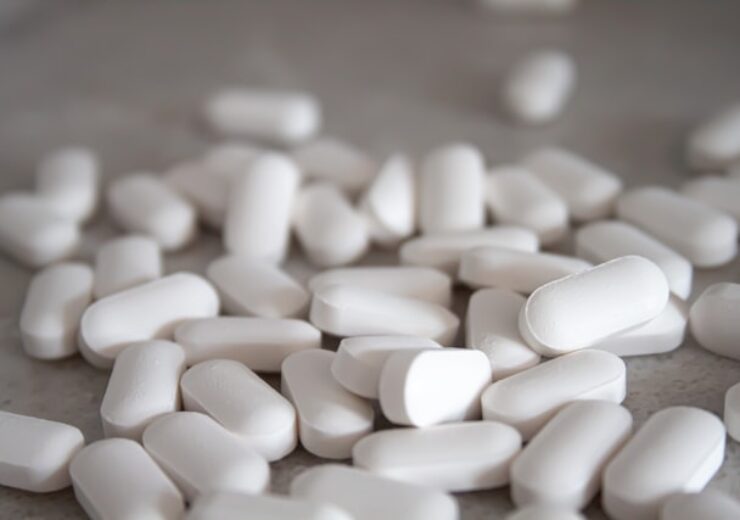CMA concluded that the companies exploited their dominant market position to inflate the final price for the key anti-epilepsy medicine in the UK

Pfizer and Flynn Pharma fined £70m. (Credit: James Yarema on Unsplash)
The UK’s Competition and Markets Authority (CMA) has fined pharmaceutical firms Pfizer and Flynn Pharma for overcharging the National Health Services (NHS).
CMA fined Pfizer £63m and Flynn Pharma £6.7m based on an in-depth investigation.
The investigation found that Pfizer and Flynn Pharma have charged NHS unfairly high prices for phenytoin sodium capsules for more than four years.
Pfizer and Flynn de-branded the drug, previously called Epanutin, with an intention to exempt them from price regulation and finalise the prices at their discretion.
In addition, the companies exploited their dominant market position to inflate the final price for the key anti-epilepsy medicine in the UK market.
CMA chief executive Andrea Coscelli said: “Phenytoin is an essential drug relied on daily by thousands of people throughout the UK to prevent life-threatening epileptic seizures.
“These firms illegally exploited their dominant positions to charge the NHS excessive prices and make more money for themselves – meaning patients and taxpayers lost out.
“Such behaviour will not be tolerated, and the companies must now face the consequences of their illegal action.”
Pfizer supplied the drug to Flynn, which then sold the capsules to wholesalers and pharmacies at a 2,300% to 2,600% higher price than Pfizer.
The illegitimate practice of the companies resulted in NHS’ annual costs for the drug increase from £2m in 2012, to £50m the year followed.
In 2016, CMA conducted an original investigation, which found that the companies’ behaviour broke competition law, and issued an infringement decision.
It had fined Pfizer and Flynn around £90m for inflating the prices for Epanutin by 2,600% before the companies challenged the CMA decision at the Competition Appeal Tribunal (CAT).
The CAT initially upheld the CMA’s findings, but later concluded that the companies’ prices were an unlawful abuse of dominance, and referred the case back to the CMA.
After gathering additional evidence and analysis, the CMA determined that the companies abused their dominant market positions and charged unfair prices for the drug.
